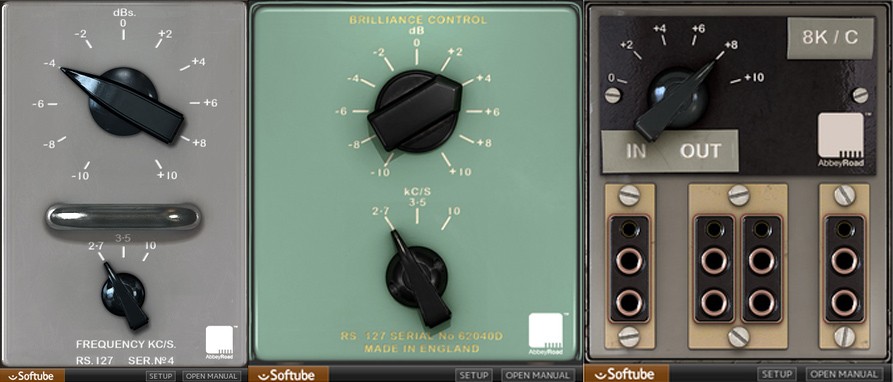Borg Refinery
Active member
Korngold, Barber, Gershwin.
Barber is my favourite (one of my all time favourites actually). It always brings a tear to my eye when I listen to these two -
I think adagio for strings was originally 1938 (he redid it for choir in 67) and Violin Concerto was 39.
Barber is my favourite (one of my all time favourites actually). It always brings a tear to my eye when I listen to these two -
I think adagio for strings was originally 1938 (he redid it for choir in 67) and Violin Concerto was 39.



